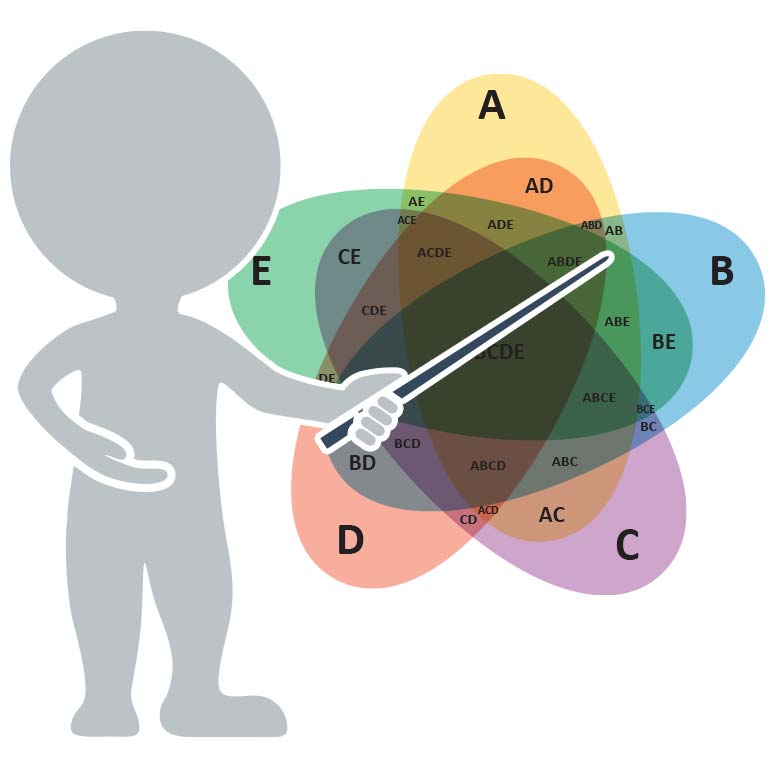In case you missed it, one of the best pieces of journalism from this year was published in the 11/06/05 edition of the Oregonian. Music critic David Stabler presents an excellent parallel between the world of politicians and the world of orchestras…
In the article, David suggests that orchestras need to approach their patrons (constituents) with an active approach to sell new programming ideas and thrust the orchestra into the collective community consciousness. For example, David examines how some of the Oregon Symphony core audience has been staying away this season due to some programming they aren’t used to.
As a solution, David suggests the organization may find the answer to those problems by approaching the challenge from a political campaign perspective,
What [Oregon Symphony music director Carlos] Kalmar should do at this point is pretend he’s running for political office. Go on the stump. Energize his base. Win back alienated audiences. Convince apathetic citizens that something exciting and provocative might surprise them at the next concert.
Seems like a simple idea, but it never ceases to amaze me how resistant orchestras are to the concept. So many organizations shy away from any marketing approach which might suggest that they aren’t inherently something people should be drawn to. I like to think of it as the “Greater Good” syndrome, meaning people inside the business see the totality of classical music as an art form so special that people would have to be cretins not to enjoy it.
Just look where that attitude has led many in this business.
Instead, the business should go back to the political arena and study how politicians sell new programs and ideas to voters. Even though many politicians over the years believe deeply in a program that doesn’t mean their constituents will naturally fall in line. They have to persuade them using every means at their disposal to do so.
David goes on in his article to present several direct ideas but one of the more important concepts is the initiative to increase the amount of direct personal contact with existing and potential patrons. In order to maximize the effectiveness of this approach, orchestras are going to have to begin incorporating the idea of orchestra docents; highly trained volunteers trained in public interpretation and have a profound belief in the mission of the organization (not merely adults who visit local schools and talk to kids).
He also suggests the orchestra should send Kalmer out on “stump speeches” throughout the community, and I would complement that by adding some of the players to that mix as well. Another one of David’s better points in the article points to the fact some patrons are turned off by the orchestra’s new programming, but he also goes on to point out how wonderful it really is. David sums up his position to begin fixing that problem by saying,
This fall’s low attendance shows you can build it, but they won’t necessarily come. Even putting Brahms on the program no longer guarantees a big turnout. There’s much to like about this season, but if Kalmar wants people to hear his message, he’s got to start stumping. Otherwise, as impresario Sol Hurok said, “When people don’t want to come, nothing will stop them.”
I couldn’t have said it better myself. Not only is this a piece every orchestra administrator should take the time to read, it’s also a wonderful example of how a critic should do their job: write something interesting. The more articles like this which can find their way into publication the better. The orchestra business will simply have to come to terms with the fact that not all public discussion will be wine and roses; sometimes you have to talk about the fertilizer.



Good to have such open and vigorous critique. Thanks for posting and commenting on Stabler’s fine piece.